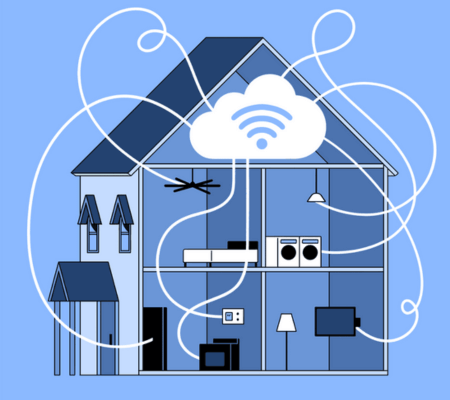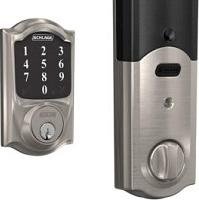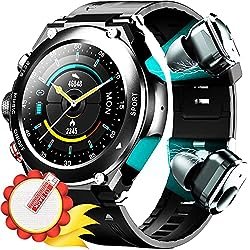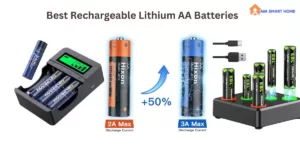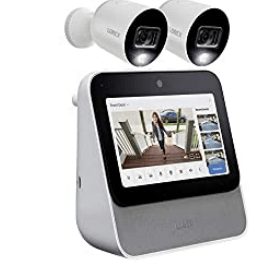No, security cameras do not record all the time by default. The recording functionality of security cameras can vary based on the specific system and the settings in place.
While some security cameras are designed to record continuously, others may be set to trigger recording only when certain events occur, such as motion detection or specific schedules.
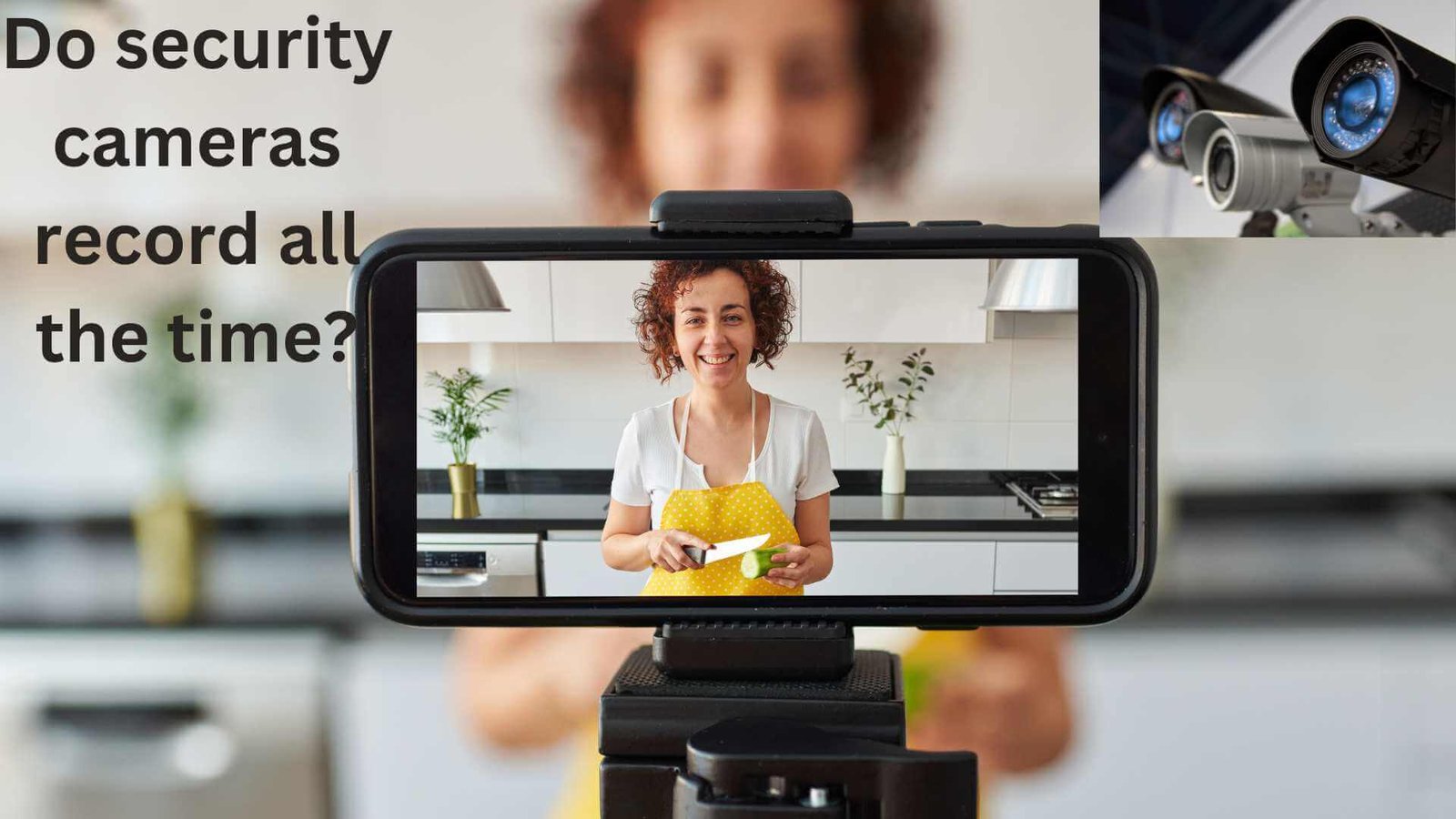
Continuous recording is commonly used in situations where constant monitoring is necessary, such as in high-security areas or surveillance operations. In these cases, the cameras are set to record 24/7, capturing a continuous stream of footage.
On the other hand, many modern security camera systems employ motion detection technology. These cameras are designed to start recording when they detect movement within their field of view.
This approach helps conserve storage space and makes it easier to review relevant footage. Additionally, some systems allow users to schedule recording times, specifying when the cameras should be active and recording.
It’s worth noting that the storage capacity of the recording system also affects how long the footage can be retained. When the storage space fills up, older recordings may be overwritten unless specifically saved or backed up.
Ultimately, the recording behavior of security cameras is customizable based on the specific needs and preferences of the user. Whether it’s continuous recording or triggered recording, security cameras offer flexibility to adapt to various surveillance requirements.
I hope you understand well the question “Do security cameras record all the time?”
Table of Contents
ToggleDo Security Cameras Record All the Time?
Yes, security cameras can record footage all the time, but this largely depends on the type of camera and the configuration set by the user or the system administrator.
Types of Security Cameras
There are several types of security cameras available in the market, each catering to specific needs and preferences. Here are some of the most common types:
1. Wired Cameras
- These cameras are connected to a central recording device through physical cables.
- They offer a stable and reliable connection but may require professional installation due to wiring.
2. Wireless Cameras
- Wireless cameras connect to the recording device via Wi-Fi or other wireless technologies.
- They are easy to install and offer flexibility in camera placement.
3. Outdoor Cameras
- Designed to withstand harsh weather conditions, outdoor cameras are ideal for monitoring the exterior of your property.
- They often come with features like infrared night vision and weatherproof housing.
Wide Range of Features Available
Security cameras come with a plethora of features that enhance their functionality and usefulness. Some notable features include:
1. Motion Detection and Events Recording
- Many cameras can detect motion and start recording when activity is detected.
- This saves storage space and makes it easier to review important events.
2. Two-Way Audio Capability
- Some cameras allow two-way communication, enabling you to speak with visitors or potential intruders remotely.
Storage Options for Security Camera Footage
When it comes to storing recorded footage, there are several options available:
1. Digital Video Recorder (DVR)
- DVR systems store footage on a local hard drive and are a popular choice for wired camera setups.
2. Network Video Recorder (NVR)
- NVR systems are commonly used with IP cameras, storing data on a networked device for easy access.
3. Cloud Storage Solutions
Cloud storage provides the capability to store security camera footage on a remote server, allowing access from any location with an Internet connection.
Cloud storage provides the ability to securely store security camera footage on a remote server, allowing access from any location with an Internet connection.
Having a stable and fast Internet connection is necessary for accessing your footage quickly.
Having a stable and fast Internet connection is necessary for accessing your footage quickly.
Cloud storage is a viable option for storing video footage for security cameras that record continuously.
Arlo Security provides cloud storage for recorded video footage, with plans available starting at $2.99 per month.
The drawback of the system was that it only recorded footage when motion was detected, and the camera’s battery needed to be charged every 3-6 months. Additionally, users received alerts on their phones and short video clips of the event.
4. Internal Storage Capacity in the Camera
- Some cameras have built-in storage, allowing them to record footage locally without external devices.
5. External Hard Drive vs. Network Attached Storage (NAS)
- Users can opt to connect external hard drives or NAS devices to expand storage capacity.
To learn more about securing your property, check out our article on How to Spot a Fake Security Camera.
Recording a Smart Security Camera All the Time for 24/7
Please access the video recording settings.
Once the software is connected to the camera, you can proceed to the video recording settings.
Once the software is connected to the camera, access the video recording settings.
Continuous Video Recording
On the other hand, continuous video recording also necessitates additional storage capacity, and the quantity of footage that can be saved is determined by the number of cameras recording, the resolution at which they are recording, and other relevant factors.
How long does the average security camera store footage?
One of the first questions that come to mind when considering security camera systems is, “How long can they store footage?” The answer largely depends on several factors, including the camera’s storage capacity and the resolution at which it records.
Typically, security cameras store footage for varying durations, often ranging from a few days to several months. However, with advancements in technology, some modern cameras are equipped with expandable storage options like microSD cards, external hard drives, or cloud storage. This means you can tailor the storage duration to your specific needs.
Do wireless cameras record all the time?
Wireless security cameras are convenient and versatile, but do they record continuously? Yes, many wireless cameras offer the option for continuous recording. This feature allows you to capture every moment, 24/7, ensuring you don’t miss any critical events. It’s especially valuable for outdoor surveillance, where unexpected incidents can occur at any time.
Best security camera for 24-hour recording
Choosing the best security camera for 24-hour recording depends on your specific requirements. Consider cameras that offer both continuous recording and AI-enhanced features. AI technology can help filter out false alarms by identifying objects and people, ensuring you capture only relevant footage.
How many days can CCTV record?
CCTV systems, known for their robust surveillance capabilities, can record footage for extended periods. The duration varies based on factors such as storage capacity and the number of cameras in the system. Some high-end CCTV systems can store footage for several weeks or even months, making them suitable for long-term surveillance needs.
Continuous recording wireless security camera
Continuous recording is a must-have feature for wireless security cameras, ensuring you capture all events, whether day or night. Modern wireless cameras often come equipped with AI-enhanced capabilities, such as motion detection and facial recognition, further enhancing their surveillance effectiveness.
Conclusion
Security cameras have become an indispensable tool in safeguarding our homes and businesses. With various types and an array of features, they offer continuous surveillance to ensure peace of mind.
Whether you choose wired or wireless, indoor or outdoor, the ability to record all the time, or trigger recording on events, security cameras provide a powerful layer of protection, allowing you to monitor your surroundings and respond swiftly to any potential threats. So, invest in the right security camera system that suits your needs, and keep a watchful eye on what matters most to you.

